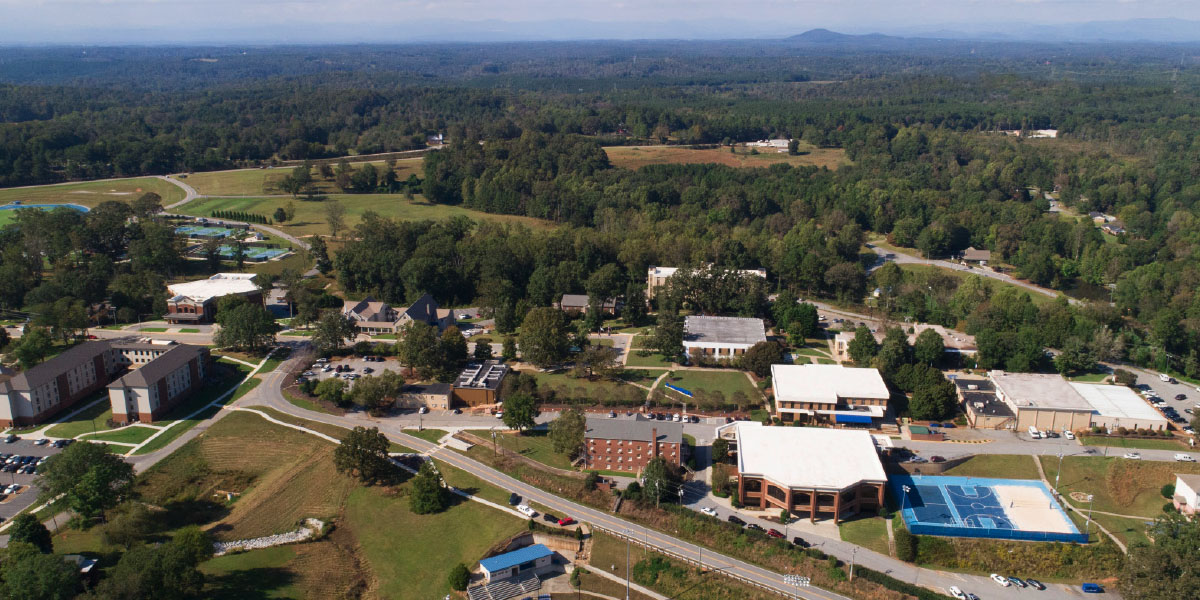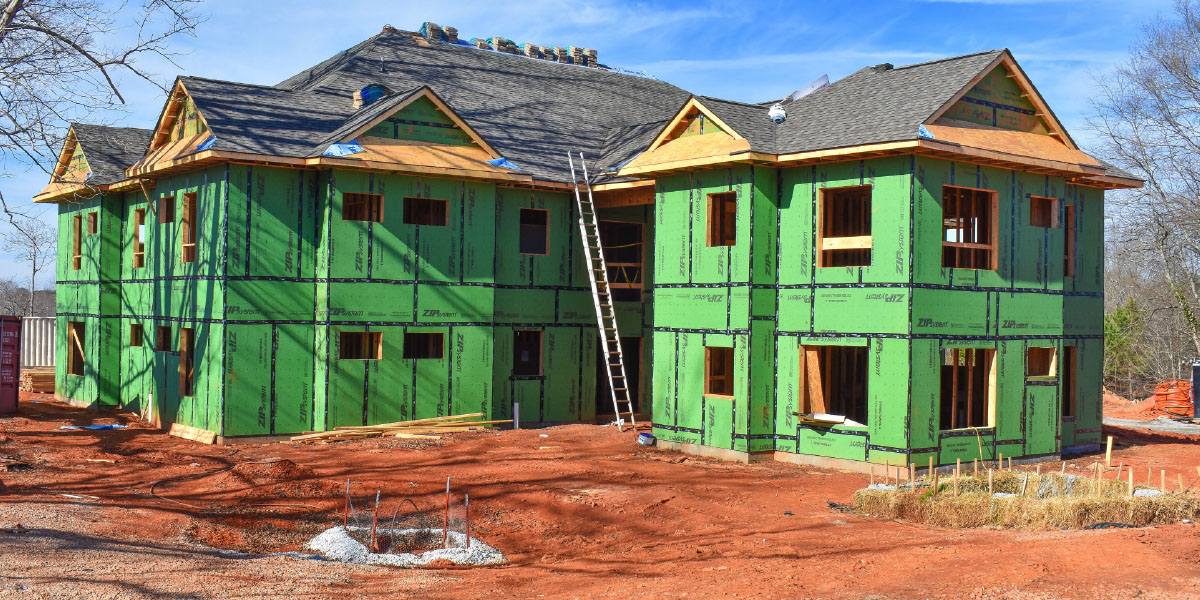Southern Wesleyan University, Central, S.C., is seeing the profound impact that one conversation can have on a campus and its surrounding community. In 2014, SWU representatives and a county disabilities board began discussing ways to partner to provide housing for area residents with special needs. The unique public-private partnership that grew out of this interaction has resulted, five years later in 2019, in the Jericho Project—a housing community located on the SWU campus that serves people with disabilities and special needs.
Like the biblical city from which it takes its name, the Jericho Project aims to take down walls—in this case, the physical, societal, and institutional barriers that can keep people with disabilities from interacting with, and being full participants in, their communities. The project’s combined living/learning environment pairs residents who have special needs with SWU student mentors who live on site and provide guidance, support, and friendship. In exchange for serving as mentors, SWU students pay a reduced fee for their housing and gain valuable life experience.
The facility is expected to alleviate some of the pressure on housing for people with special needs, which is typically difficult to find. Residents will have the opportunity to engage with the broader community and find employment—possibly on campus.
“The residents will be part of the university campus. They are going to participate in sports, chapel, music, classes, and anything that’s available,” says Elaine Thena, executive director of the Pickens County Board of Disabilities and Special Needs, the public entity that will manage the new facility. The partnership also includes the South Carolina Department of Disabilities and Special Needs and the Anderson County Disabilities and Special Needs Board.

The Pieces Come Together
Without a prototype to follow—we haven’t been aware of any similar project on U.S. campuses—the three public entities and SWU exercised creativity as well as patience throughout the collaborative process. Between state regulations, university policies, and town and county codes, we had to overcome a fair number of obstacles to bring the project to life. We made planning decisions as a group, while keeping at the center of each decision the interests of the special-needs population.
Our committee met monthly for four years, with some members focusing on programmatic details, while others took charge of finding ways to fund the building. In addition to hosting the monthly meetings, SWU provided a long-term ground lease on 2.6 acres of land near our soccer field and softball complex. Located in a residential area and close to public transportation, half of the land was wooded and the other half was occupied by two aging houses that had stood empty for several years. We razed the houses and leveled the ground. With utilities already in place, the site was ready for the Jericho Project.
The state jump-started fundraising with a $250,000 contribution, which succeeded in getting the attention of private donors. The two county boards also provided funds; spearheaded fundraising efforts; and secured construction donations of excavation work, lumber, and concrete. We recently completed the construction of the $2 million Phase I of the Jericho Project; by the 2019 fall semester, the suite-style, ADA-compliant facility will house 11 special-needs residents and nine student mentors.
It will also feature an office, meeting room, elevator, outdoor pavilion, and a quarter-mile walking trail. Plans for Phase II call for two more buildings on the same piece of land, providing housing for up to 33 special-needs residents and 27 SWU students.

In Line With SWU Mission
SWU is now in the process of recruiting and vetting the first group of student mentors, selected primarily from the sophomore and junior classes. In the future, as word spreads, we believe some students will choose to attend SWU just for the opportunity to participate in this innovative experiential learning program—one we hope other institutions will adopt as a model.
Staff hired by the Pickens County Board of Disabilities will join the student mentors on site. The full-time staff will assist residents with becoming more independent in taking care of their daily needs, maintaining health, managing money, accomplishing life goals, and navigating the community. Staff members will also encourage residents—all of whom will have SWU-issued ID cards—to participate in the many activities offered on campus.
Southern Wesleyan University became involved in this opportunity because the Jericho Project was a clear extension of the university’s mission to challenge students to be dedicated scholars and servant leaders who impact the world. The project also dovetails with SWU’s three pillars of practice: contagious generosity, inventive learning, and faith-filled community. In other words, the university had a ready-made community prepared to open its arms and doors to welcome friends with special needs.
SWU may soon have another opportunity to put out its welcome mat. A national foundation has contacted us about possibly undertaking another project that would provide student support and housing for people with traumatic brain injuries and high-functioning autism. A five-acre area on the edge of our campus is already under consideration for a long-term ground lease or sale to this foundation.
SUBMITTED BY Mark Reeves, vice president for finance and auxiliary services, and chief financial officer, Southern Wesleyan University, Central, S.C.


